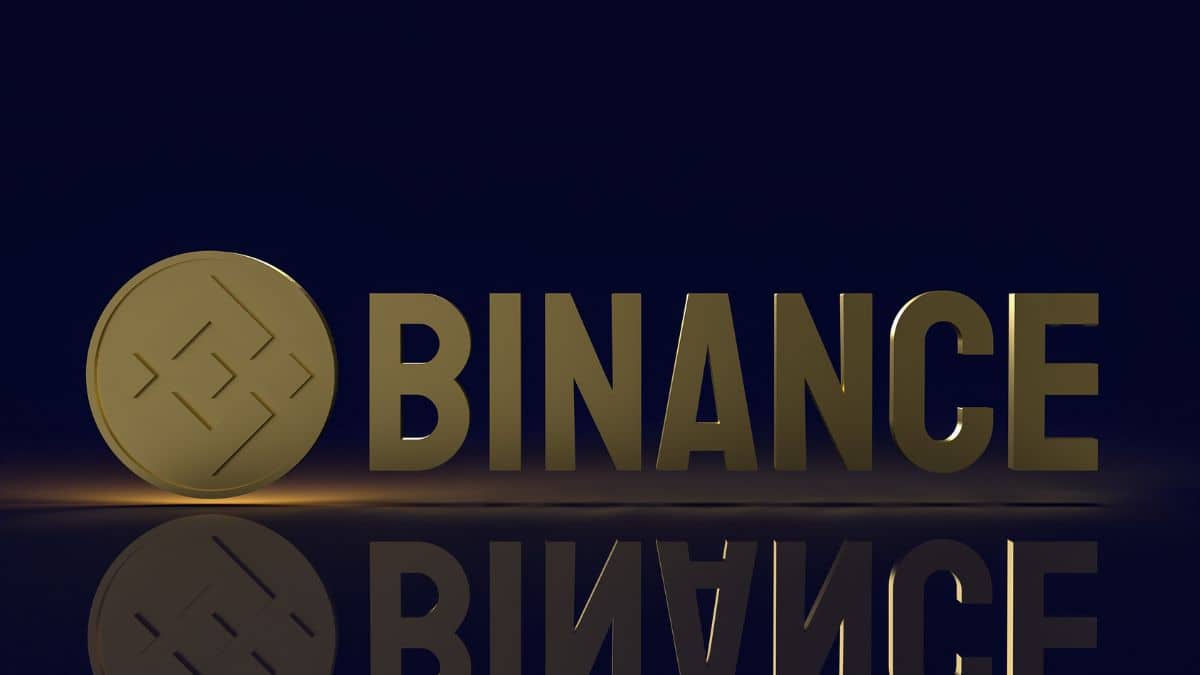
Binance Calms Its Users Following Scary Halt
- Binance recently froze assets worth $450,00 from the Curve Finance hack.
- Crypto users are turning to hardware wallet providers for improved security and safety of their assets.
Binance, the largest crypto exchange, left its users alarmed after it announced a temporary halt on withdrawals on Wednesday morning. The crypto trading platform revealed that the suspension on multiple networks was caused by a technical fault from a third-party provider. However, Binance said its team resolved the situation within an hour. It wrote on Twitter,
Earlier today, around 07:00am UTC, #Binance temporarily closed withdrawals for multiple networks due to an issue with a third-party technical provider. Our team responded quickly, resolving the issue within 1-hour. Funds are SAFU. Thank you for your patience and understanding.
The Binance Secure Asset Fund for Users (SAFU) is an emergency insurance fund established by the exchange in 2018 to protect its users’ interests in the case of a hack. The fund holds 10% of all trading fees. Several users expressed their curiosity over the fund, prompting the exchange to release a statement explaining more about the $1 billion worth SAFU.
The temporal halt on Binance comes days after the trading platform announced that it had recovered and froze stolen assets from the Curve Finance hack worth almost $450,000. Being the largest crypto exchange, Binance processes more than 3 million daily transactions. So far, Binance has managed to retain its operations amidst the bear market that has seen several exchanges cut down their staff or halt withdrawals.
Crypto platform Celsius paused withdrawals in June due to market volatility. It later filed for bankruptcy in July. The recent halts on popular exchanges have led crypto users to seek alternatives. Many are now turning to hardware wallet providers.
Several hardware wallet providers, such as Ledger, revealed a boost in sales since Celsius froze users’ funds. According to Josef Tětek, Bitcoin (BTC) analyst at Trezor,
People are finding out that keeping their coins on exchanges and with custodians can be very risky, so they are naturally looking for self-custody options.
According to the research company Mordor Intelligence, the global hardware wallet market was worth $202.40 million in 2020. By 2026, this market is anticipated to be worth $877.69 million, but given the current rising popularity of hardware wallets, the actual value may be higher. Although the hardware wallet sector is flourishing in a bear market, it’s important to note that these products are not infallible.
Smart contract engineer at Immunefi, Alejandro Munoz-McDonald, noted that users can still fall victim to several scam attacks despite using a hardware wallet. He said,
A user can still fall victim to a phishing attack. They sign some transaction thinking it will do something else and then they get their NFT or tokens stolen. Another attack vector could be through an infinite approval a user made to a contract that turns out to have a critical vulnerability. If a compromised contract has permission to transfer your funds, they’re as good as gone.
Alejandro also pointed out that hardware wallets are vulnerable to physical attacks and data breaches. While hard wallets provide improved safety, increased awareness of online safety, phishing attacks, and Web3 security will protect users from losses.






